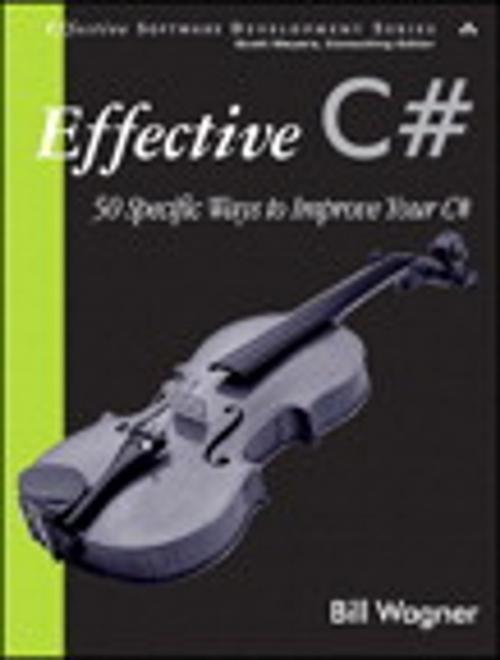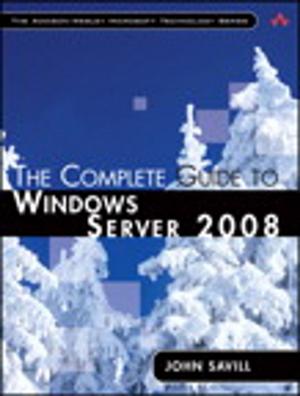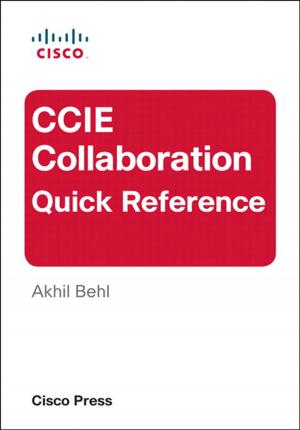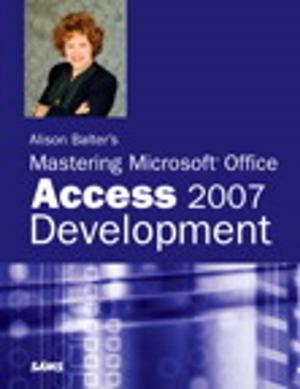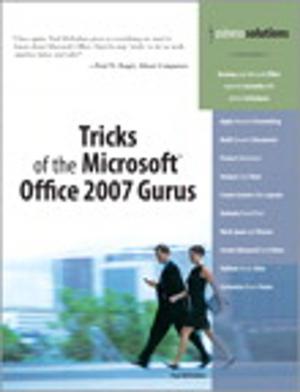Effective C#
50 Specific Ways to Improve Your C#
Nonfiction, Computers, Programming, Programming Languages| Author: | Bill Wagner | ISBN: | 9780321630162 |
| Publisher: | Pearson Education | Publication: | December 3, 2004 |
| Imprint: | Addison-Wesley Professional | Language: | English |
| Author: | Bill Wagner |
| ISBN: | 9780321630162 |
| Publisher: | Pearson Education |
| Publication: | December 3, 2004 |
| Imprint: | Addison-Wesley Professional |
| Language: | English |
C#'s resemblances to C++, Java, and C make it easier to learn, but there's a downside: C# programmers often continue to use older techniques when far better alternatives are available. In Effective C#, respected .NET expert Bill Wagner identifies fifty ways you can start leveraging the full power of C# in order to write faster, more efficient, and more reliable software.
Effective C# follows the format that made Effective C++ (Addison-Wesley, 1998) and Effective Java (Addison-Wesley, 2001) indispensable to hundreds of thousands of developers: clear, practical explanations, expert tips, and plenty of realistic code examples. Drawing on his unsurpassed C# experience, Wagner addresses everything from value types to assemblies, exceptions to reflection. Along the way, he shows exactly how to avoid dozens of common C# performance and reliability pitfalls. You'll learn how to:
-
Use both types of C# constants for efficiency and maintainability, see item 2
-
Use immutable data types to eliminate unnecessary error checking, see item 7
-
Avoid the C# function that'll practically always get you in trouble, see item 10
-
Minimize garbage collection, boxing, and unboxing, see items 16 and 17
-
Take full advantage of interfaces and delegates, see items 19 though 22
-
Create CLS compliant assemblies that use noncompliant C# language features, see item 30
-
Improve reliability and maintainability by creating small, cohesive assemblies, see item 32
-
Leverage the full power of .NET's runtime diagnostics, see item 36
-
Know when–and when not–to use reflection, see items 42 and 43
-
Preview the major enhancements in C# 2.0, see item 49
-
You're already a successful C# programmer–this book can help you become an outstanding one.
Bill Wagner is co-founder of and .NET consultant for SRT Solutions. A nationally recognized independent expert on .NET, he has been a regular contributor to ASP.NET Pro Magazine, Visual Studio Magazine, and the .NET Insight newsletter. In addition to being a Microsoft Regional Director, he is also active in the Southeast Michigan .NET User Group and the Ann Arbor Computing Society. He is author of The C# Core Language Little Black Book (The Coriolis Group, 2002).
© Copyright Pearson Education. All rights reserved.
C#'s resemblances to C++, Java, and C make it easier to learn, but there's a downside: C# programmers often continue to use older techniques when far better alternatives are available. In Effective C#, respected .NET expert Bill Wagner identifies fifty ways you can start leveraging the full power of C# in order to write faster, more efficient, and more reliable software.
Effective C# follows the format that made Effective C++ (Addison-Wesley, 1998) and Effective Java (Addison-Wesley, 2001) indispensable to hundreds of thousands of developers: clear, practical explanations, expert tips, and plenty of realistic code examples. Drawing on his unsurpassed C# experience, Wagner addresses everything from value types to assemblies, exceptions to reflection. Along the way, he shows exactly how to avoid dozens of common C# performance and reliability pitfalls. You'll learn how to:
-
Use both types of C# constants for efficiency and maintainability, see item 2
-
Use immutable data types to eliminate unnecessary error checking, see item 7
-
Avoid the C# function that'll practically always get you in trouble, see item 10
-
Minimize garbage collection, boxing, and unboxing, see items 16 and 17
-
Take full advantage of interfaces and delegates, see items 19 though 22
-
Create CLS compliant assemblies that use noncompliant C# language features, see item 30
-
Improve reliability and maintainability by creating small, cohesive assemblies, see item 32
-
Leverage the full power of .NET's runtime diagnostics, see item 36
-
Know when–and when not–to use reflection, see items 42 and 43
-
Preview the major enhancements in C# 2.0, see item 49
-
You're already a successful C# programmer–this book can help you become an outstanding one.
Bill Wagner is co-founder of and .NET consultant for SRT Solutions. A nationally recognized independent expert on .NET, he has been a regular contributor to ASP.NET Pro Magazine, Visual Studio Magazine, and the .NET Insight newsletter. In addition to being a Microsoft Regional Director, he is also active in the Southeast Michigan .NET User Group and the Ann Arbor Computing Society. He is author of The C# Core Language Little Black Book (The Coriolis Group, 2002).
© Copyright Pearson Education. All rights reserved.
